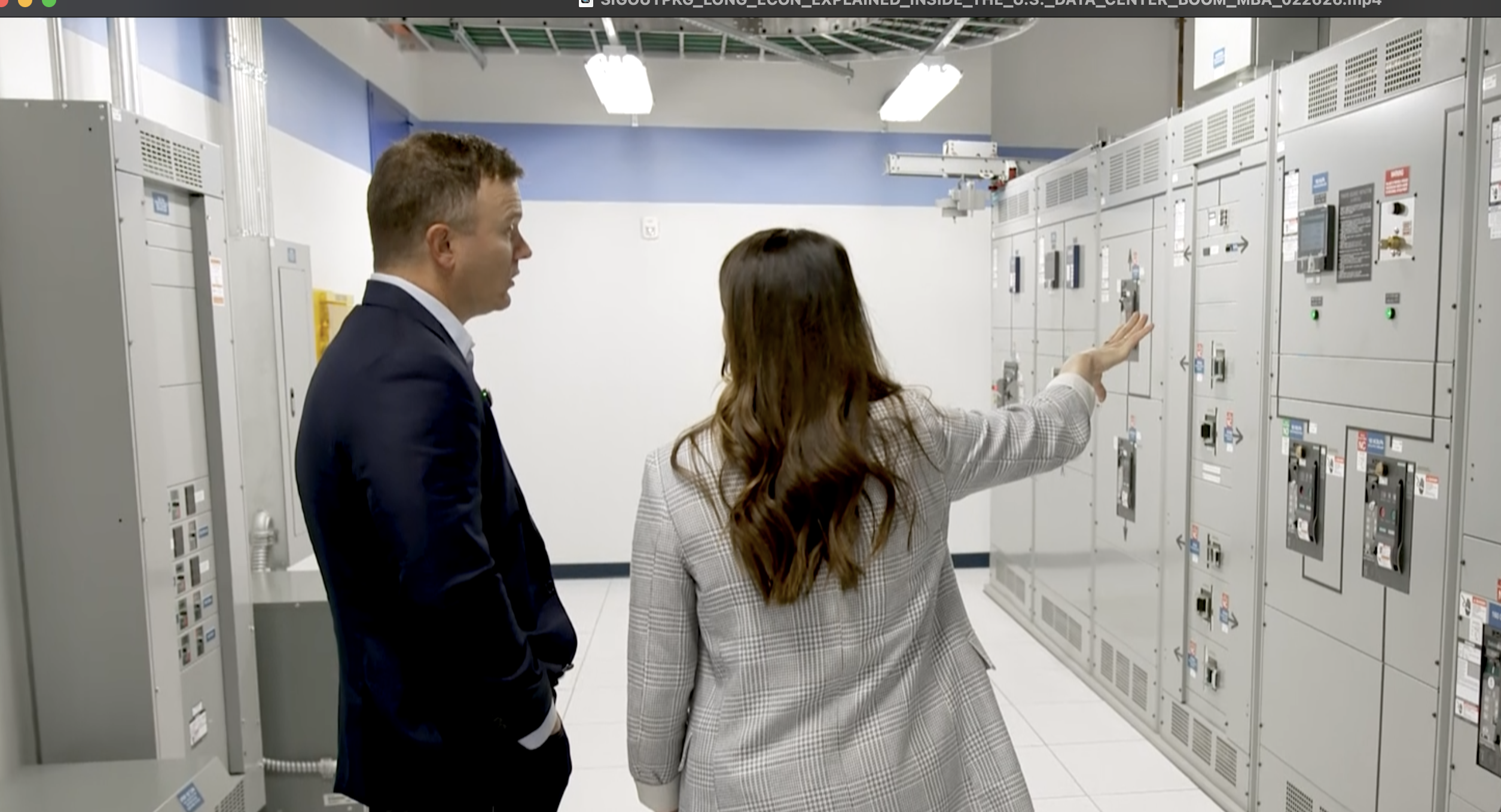Freeport is a small industrial city of 24,000 in northwest Illinois. For a price tag of $13 million, it's building a new water system to tap deep into new, uncontaminated water sources.
"The most important room is the filter room," said Rob Boyer, Freeport public works director, while visiting the construction site. "It is designed to produce approximately 2 million gallons per day of potable drinking water."
Boyer says when the "enormous" project is completed sometime in 2023, the city's drinking water will be entirely free of so-called forever chemicals.
"This is critical to life and health issues in the city and for its residents, and that's why it's prioritized," Boyer said, noting that there's no contamination in the source water where the new well and plant are being built.
About 10 years ago, the EPA found high levels of forever chemicals in two wells that produced about a third of Freeport's drinking water.
Boyer says he can only speculate what the source of the contamination could have been, but that speculation points him to the prevalence of industry in general there.
Per- and polyfluoroalkyl substances, or PFAS, are nicknamed forever chemicals because they don't degrade over time. This group of human-made chemicals have been used in many consumer and industrial products since the 1950s.
"There are over 200 different use categories, ranging from dental floss to clothing to carpets to compostable cookware to all kinds of plastics," said Linda Birnbaum, former director of the National Institute of Environmental Health Sciences.
The chemicals were pioneered by conglomerates 3M and Dupont. They've been popular because of their resistance to water, stains, heat and oil.
Since they don't break down, the are now omnipresent in our environment — and even in our blood.
"I would say that everyone in our country has them in their bodies," Birnbaum said.
Scientists are now linking these chemicals to potential harmful health effects, such as increased risk of kidney and testicular cancers. But back in 2014, the chemicals' potential negative impacts were not as well-known.
Still, Freeport officials quickly shut down the two wells with the most contamination. Soon after, they put in motion plans to drill the new well and build the new treatment plant.
"It is protecting our lives here, and it's protecting the residents' lives here," Boyer said.
According to the advocacy nonprofit the Environmental Working Group, more than 200 million Americans may be drinking water contaminated with the chemicals.
Freeport officials tell Newsy their decision to completely revamp the city's drinking water system puts them on the leading edge of the national fight against forever chemicals, but at what cost?
Like hundreds of impacted cities nationwide, Freeport is considering joining ongoing litigation against 3M, Dupont and other PFAS manufacturers.
But for now, it's the residents who bear the health and financial costs caused by pollution most people don't even know exists.




 Scientists Are Trying To Solve The 'Forever Chemicals' Problem
Scientists Are Trying To Solve The 'Forever Chemicals' Problem FEMA: Unclear When Jackson Residents Will Have Clean Water
FEMA: Unclear When Jackson Residents Will Have Clean Water






